|
Cosmic Countdown: Preparing for the 2024 North American Eclipse
Presented by NWPL and The Horizons Observatory Date/Time/Location: POSTPONED until Saturday, April 6, 2024 at the Norman Williams Public Library, Woodstock, Vermont from 10:30-11:30am On April 8th 2024 northern Vermont will experience a total solar eclipse, an event considered by many who have been in the “path of totality” as the most overwhelming and memorable natural phenomena one will ever experience. And, unless one travels far and wide, it’s also a rare event: the last total solar eclipse in Vermont was in 1932 and next isn’t predicted until 2106! However, perhaps more rare the event itself, are those who come away from the experience saying, “It was no big deal”! To help eclipse seekers prepare for the coming of totality, Woodstock’s Norman Williams Public Library and The Horizons Observatory are hosting a free public hour-long presentation highlighting the geometry and science of total eclipses, what to expect during totality, how to best prepare, and, importantly, how to safely view the sun before, during, and after totality. We hope you’ll join us on Saturday morning, April 6th in preparation for April 8th! Note: The Horizons Observatory will not be open during the April 8th eclipse since totality in Vermont will only occur in the northern part of the state.
0 Comments
Cosmic Countdown: Preparing for the 2024 North American Eclipse
Presented by Norman Williams Public Library and The Horizons Observatory Date and Time: Saturday, April 6, 2024 from 10:30-11:30am (Note: POSTPONED due to March 23rd snowstorm forecast.) Location: Norman Williams Public Library, Woodstock, VT On April 8th 2024 northern Vermont will experience a total solar eclipse, an event considered by many who have been in the “path of totality” as the most overwhelming and memorable natural phenomena one will ever experience. And, unless one travels far and wide, it’s also a rare event: the last total solar eclipse in Vermont was in 1932 and next isn’t predicted until 2106! However, perhaps more rare the event itself, are those who come away from the experience saying, “It was no big deal”! To help eclipse seekers prepare for the coming of totality, Woodstock’s Norman Williams Public Library and The Horizons Observatory are hosting a free public hour-long presentation highlighting the geometry and science of total eclipses, what to expect during totality, how to best prepare, and, importantly, how to safely view the sun before, during, and after totality. We hope you’ll join us on Saturday morning, April 6th at 10:30am at NWPL in preparation for April 8th! Note: The Horizons Observatory will not be open during the April 8th eclipse since totality in Vermont will only occur in the northern part of the state. Clear Skies, Rob Hanson and Scott Griswold Co-directors, The Horizons Observatory Hello Horizons Observatory Supporters!
A clear sky is forecast for this Friday night (September 1st) so the Horizons Observatory will be open to the public for stargazing from 8:30-10:00 (weather permitting). Among the celestial objects we’ll view using the observatory’s 14” Celestron telescope will be the stunning Hercules Star Cluster (M13), the colorful double star Alberio, and, later in the evening, Saturn (a jewel!). The observing night will close with the appearance of a large, beautiful waning Moon. Dress warmly. Please do not bring flashlights since this will reduce our ability to view the sky. The Horizons Observatory is located on the campus of The Prosper Valley School at 1071 Pomfret Road, Pomfret, VT. We're looking forward to seeing you and your friends on what promises to be a beautiful lat summer night full of stars! Again, the event will be canceled in the event of cloudy skies. Throughout the year, the Horizons Observatory hosts free public stargazing tours using telescopes, binoculars, and naked eye observation. To ensure clear skies for these events, a “short notice” (24-36 hours before the event) email is sent out to all those on the Horizons Observatory notification service. To be placed on the notification service, simply go to www.horizonsobservatory.org, click on “Blog”, type in your email address in the space provided, and click “Submit”. It’s that easy! The Horizons Observatory is located on the grounds of The Prosper Valley School in Pomfret, Vermont. Rob Hanson and Scott Griswold, Horizons Observatory Co-Directors A clear sky is forecast for this Saturday night (February 11th) - so the Horizons Observatory will be open to the public for stargazing from 6:30-7:30 (weather permitting). After a brief naked eye tour of the winter night sky, the main attraction will be Comet ZTF, the “green comet”. Although now receding and barely visible to the naked eye, the comet’s coma (cloud of gas surrounding the nucleus) will be visible as glowing “fuzzball” through a pair of binoculars and our telescopes. (Note: The beautiful tail seen in photographs will be too diffuse to see with a telescope.) We’ll also have good views of Mars, the Orion Nebula, and the Andromeda Galaxy.
Dress very warmly. If you have them, bring your binoculars. (We’ll also have a couple to share at the observatory). Please do not bring flashlights since this will reduce our ability to view the sky. The Horizons Observatory is located on the campus of The Prosper Valley School at 1071 Pomfret Road, Pomfret, VT. We're looking forward to seeing you on what promises to be a beautiful mid-winter’s night! This event will be canceled in the event of cloudy skies. Throughout the year, the Horizons Observatory hosts free public stargazing tours using telescopes, binoculars, and naked eye observation. To ensure clear skies for these events, a “short notice” (24-36 hours before the event) email is sent out to all those on the Horizons Observatory notification service. To be placed on the notification service, simply go to www.horizonsobservatory.org, click on “Blog”, type in your email address in the space provided, and click “Submit”. It’s that easy! The Horizons Observatory is located on the grounds of The Prosper Valley School in Pomfret, Vermont. Rob Hanson, Horizons Observatory Director A clear sky is forecast for this Friday night (December 9th) - so the Horizons Observatory will be open to the public for stargazing from 5:00-6:30 (weather permitting). The early start time will hopefully allow us to view a parade of planets, a star cluster, and a stunning binary star system - Saturn, Jupiter (with its four “Galilean” moons), Mars, the Pleiades, and Alberio - before a nearly full moon rises above the eastern hill (around 6:00). Dress very warmly. Please do not bring flashlights since this will reduce our ability to view the sky.
The Horizons Observatory is located on the campus of The Prosper Valley School at 1071 Pomfret Road, Pomfret, VT. We're looking forward to seeing you on what promises to be a beautiful late autumn night! This event will be canceled in the event of cloudy skies. Throughout the year, the Horizons Observatory hosts free public stargazing tours using telescopes, binoculars, and naked eye observation. To ensure clear skies for these events, a “short notice” (24-36 hours before the event) email is sent out to all those on the Horizons Observatory notification service. To be placed on the notification service, simply go to www.horizonsobservatory.org, click on “Blog”, type in your email address in the space provided, and click “Submit”. It’s that easy! The Horizons Observatory is located on the grounds of The Prosper Valley School in Pomfret, Vermont. Rob Hanson, Horizons Observatory Director A clear moonless sky is forecast for Friday night (October 21st) - so the Horizons Observatory will be open to the public for stargazing from 7:30-9:30 (weather permitting). After a tour of the night sky, we’ll use the observatory’s 8" and 14” telescopes to gaze upon the Hercules Star Cluster (M13), the Ring Nebula, Alberio (a stunning binary star system), Saturn, and Jupiter (with its four “Galilean” moons). Dress warmly. Please do not bring flashlights since this will reduce our ability to view the sky.
The Horizons Observatory is located on the campus of The Prosper Valley School at 1071 Pomfret Road, Pomfret, VT. We're looking forward to seeing you and your friends on what promises to be a beautiful early autumn night full of stars! This event will be canceled in the event of cloudy skies. Hello Horizons Observatory Supporters!
A clear moonless sky is forecast for Saturday night (September 24th) - so the Horizons Observatory will be open to the public for stargazing from 8:00-9:30 (weather permitting). Among the celestial objects we’ll view using the observatory’s 14” Celestron telescope will be Saturn (a jewel!), the Hercules Star Cluster (M13), and Jupiter. Dress warmly. Please do not bring flashlights since this will reduce our ability to view the sky. The Horizons Observatory is located on the campus of The Prosper Valley School at 1071 Pomfret Road, Pomfret, VT. We're looking forward to seeing you and your friends on what promises to be a beautiful early autumn night full of stars! The event will be canceled in the event of cloudy skies. Throughout the year, the Horizons Observatory hosts free public stargazing tours using telescopes, binoculars, and naked eye observation. To ensure clear skies for these events, a “short notice” (24-36 hours before the event) email is sent out to all those on the Horizons Observatory notification service. To be placed on the notification service, simply go to www.horizonsobservatory.org, click on “Blog”, type in your email address in the space provided, and click “Submit”. It’s that easy! The Horizons Observatory is located on the grounds of The Prosper Valley School in Pomfret, Vermont. On the evening of the Winter Solstice (Monday, December 21st), Jupiter and Saturn will appear to converge into a super bright star as the “greatest conjunction” from most of Earth since 1226! Over the past year these planets have been paired In night sky, ever-so-slowly moving closer together. In the coming days, head outside on a clear night just after sunset (but before they set around 6:00pm!) and look low in southwest sky to spot the pair of giant planets. And, if we’re lucky enough to have clear night on December 21st, bring a pair of binoculars for a rare treat of viewing Jupiter, Saturn, as-well-as several of their moons, in one field of view! Afterwards lower your binoculars to simply savor this natural “festival of lights” on the year’s the longest night.
For a superb visual animation and explanation of this event, go to Space.com . Photograph taken by Wylie Dulmage at Horizons Observatory: July 17, 2020 Ready to experience what is arguably the best look at a comet in the last 20 years? If so, grab a pair of binoculars on any clear night between now and July 23rd, look to the northwestern sky between 9:30pm-midnight just below the Big Dipper (see below), and be prepare yourself for a spectacular view of Comet NEOWISE. If you don’t spot the comet this time around, you won’t get another chance. It has a long, elliptical orbit, so it will be approximately 6,800 years before NEOWISE returns to the inner parts of the solar system. Comet Neowise has a nucleus measuring roughly 5 kilometers (3 miles) in diameter, and its dust and ion tails stretch hundreds of thousands to millions of kilometers while pointing away from the Sun. The icy visitor was discovered on March 27, 2020, by NASA’s Near-Earth Object Wide-field Infrared Survey Explorer(NEOWISE) spacecraft as the comet was headed toward the Sun. Comets are made of frozen leftovers from the formation of the solar system roughly 4.6 billion years ago. The masses of dust, rock, and ice heat up when approaching the Sun; as they get closer, they spew gases and dust into a glowing head and tail. Satellite data indicate the NEOWISE has a dust tail and two ionized gas tails. The comet is made visible by sunlight reflecting off of its gas emissions and dust tail. (https://earthobservatory.nasa.gov/images/146996/comet-neowise-brightens-the-night) Photograph taken by Horizons Observatory Docent Scott Griswold: July 17, 2020
On the evening of Friday, January 10th the Horizons Observatory will partner with the Marsh-Billings-Rockefeller National Historical Park to offer a free night sky event. Starting at 5:30 pm in the Park’s Forest Center, Rob Hanson (co-director of The Horizons Observatory) will present a simulation both describing and explaining the phases of our moon, a pattern that has occurred for more than four billion years. After the presentation, we’ll step outside to witness the full moon rising over the fields of Billings Farm (weather permitting) and, for those interested, take a full moon walk in the Park. A telescope and astronomical binoculars will be available for viewing. Please note, the moon phase presentation at the Forest Center will begin at 5:30 regardless of the weather.
Dress appropriately for a winter evening outside. We're looking forward to seeing you and your friends for a night beneath January’s “Full Wolf Moon”! |
Welcome to the Horizons Observatory blog. All public events at the Observatory will be posted on this page. Sign up below to receive an email notification of upcoming events. If you signed up for our notifications before December 2019, please re-enter your address. This is a new feed service, prior addresses were not transferred.
Your emails will be used by Blogtrottr to deliver notifications. We will not have access to them.
CategoriesArchives
March 2024
|

|
|
- Home
- About
- Blog
-
Gallery
- Horizons Events >
-
Student Astrophotographs
>
- 2023-2024 Astrophotos
- '22-'23 Astrophotos
- '21-'22 Astrophotos
- '19-20 Astrophotos
- '18-19 Astrophotos
- '17-'18 Astrophotos
- '16-17 Astrophotos
- '15-16 Astrophotos
- '14-'15 Astrophotos
- '13-'14 Astrophotos
- '12-'13 Astrophotos
- '11-'12 Astrophotos
- '10-'11 Astrophotos
- '09-'10 Astrophotos
- '08-'09 Astrophotos
- '07-'08 Astrophotos
- '06-'07 Astrophotos
- '05-'06 Astrophotos
- '04-'05 Astrophotos
- Reference
- Contact
- Presentations
Pomfret, Vermont
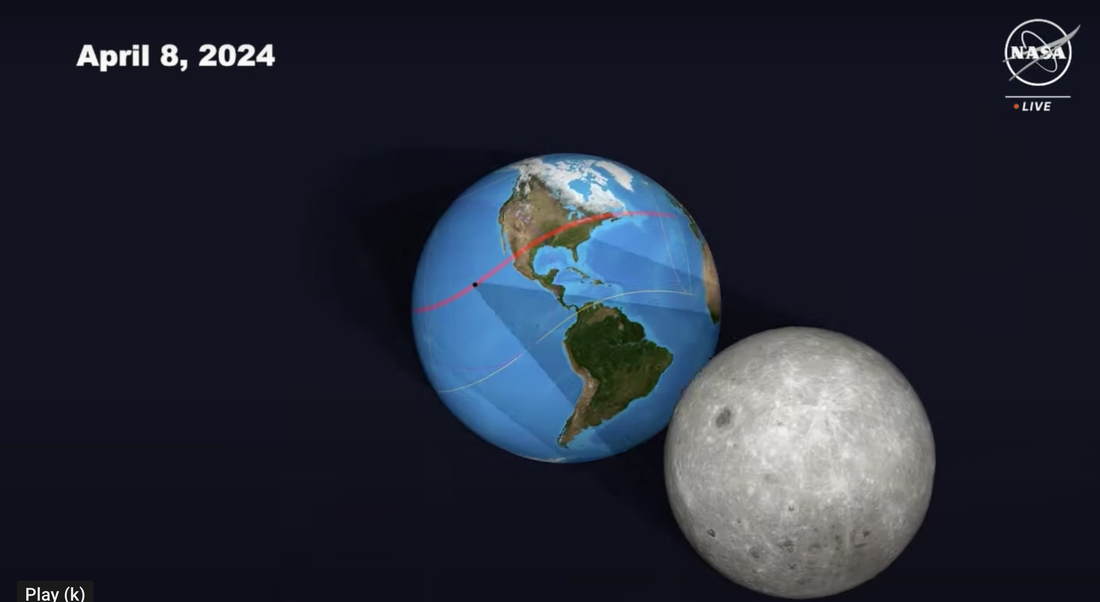
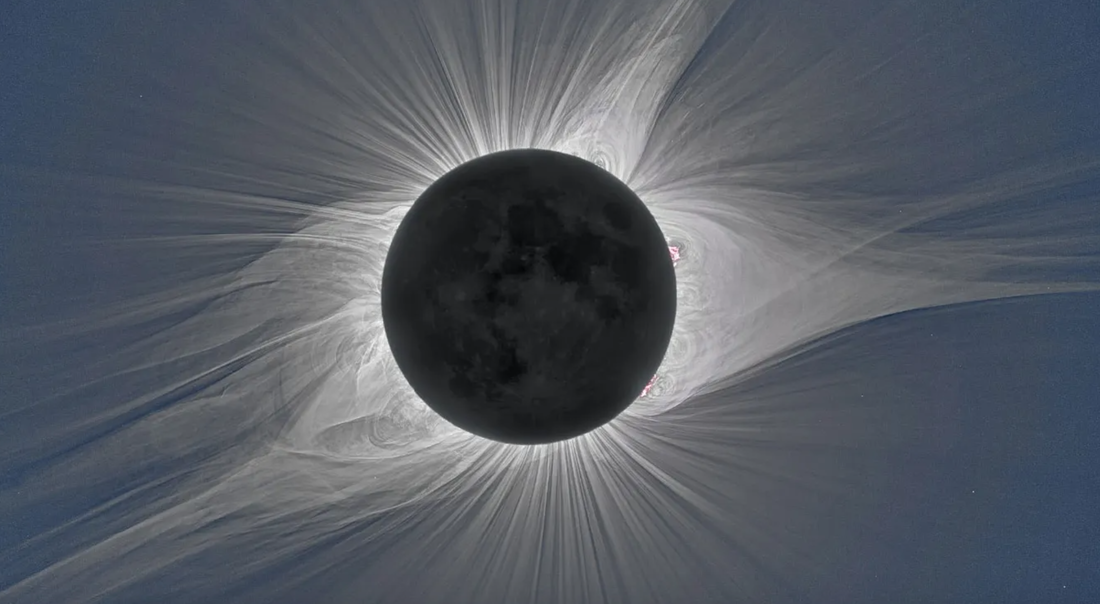
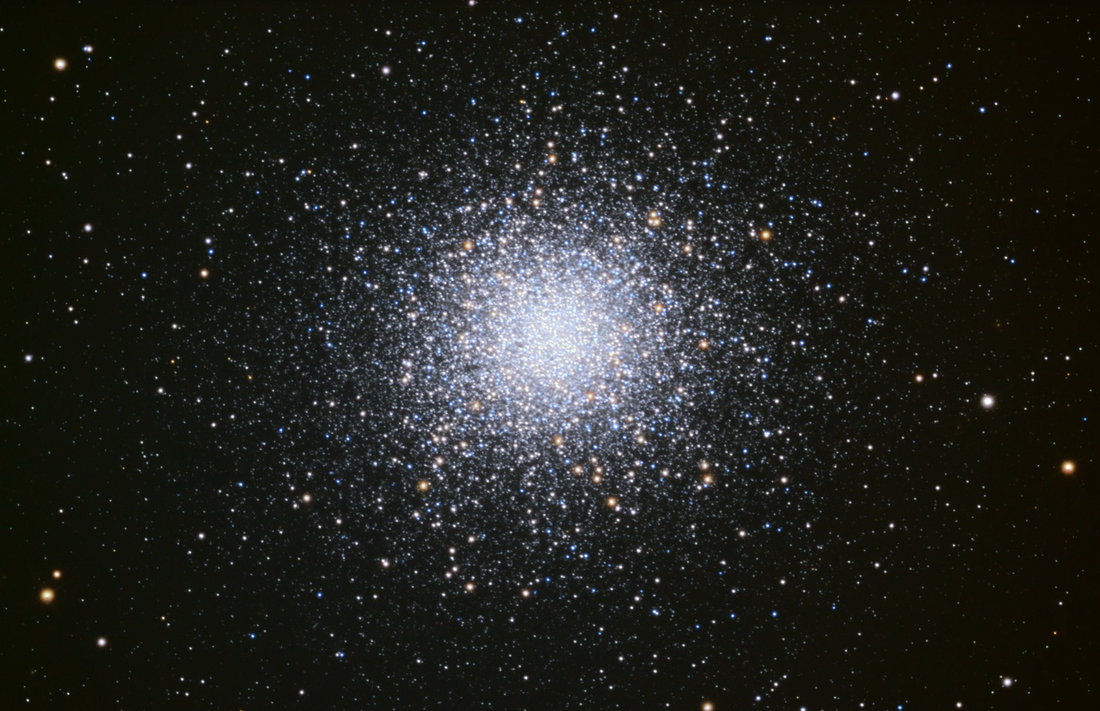
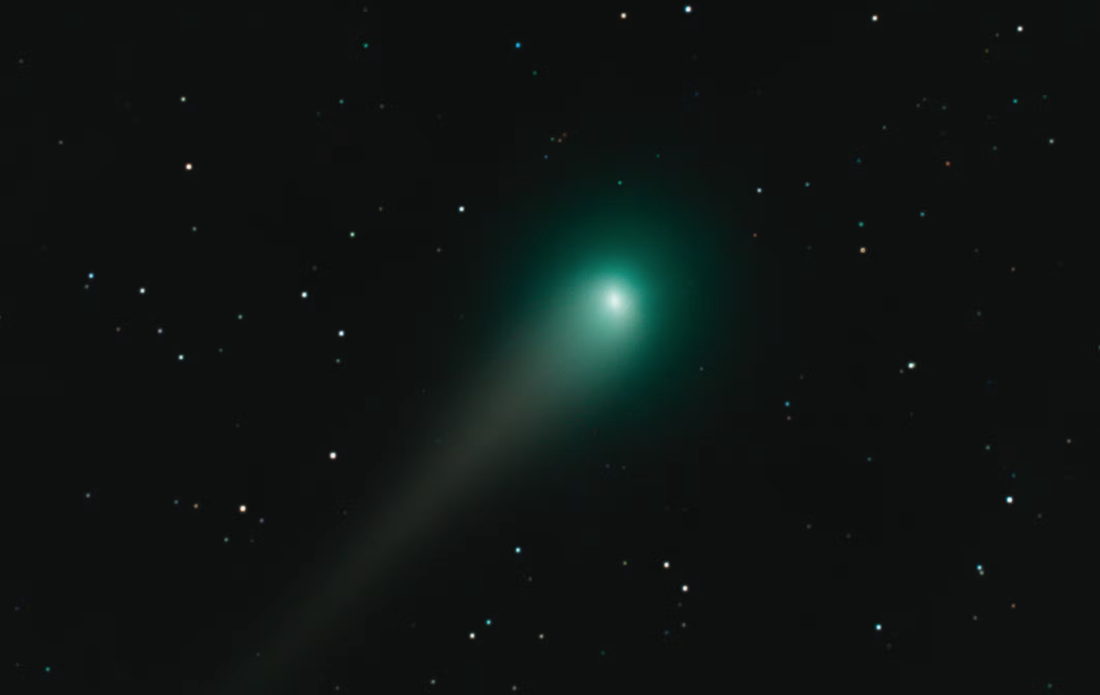
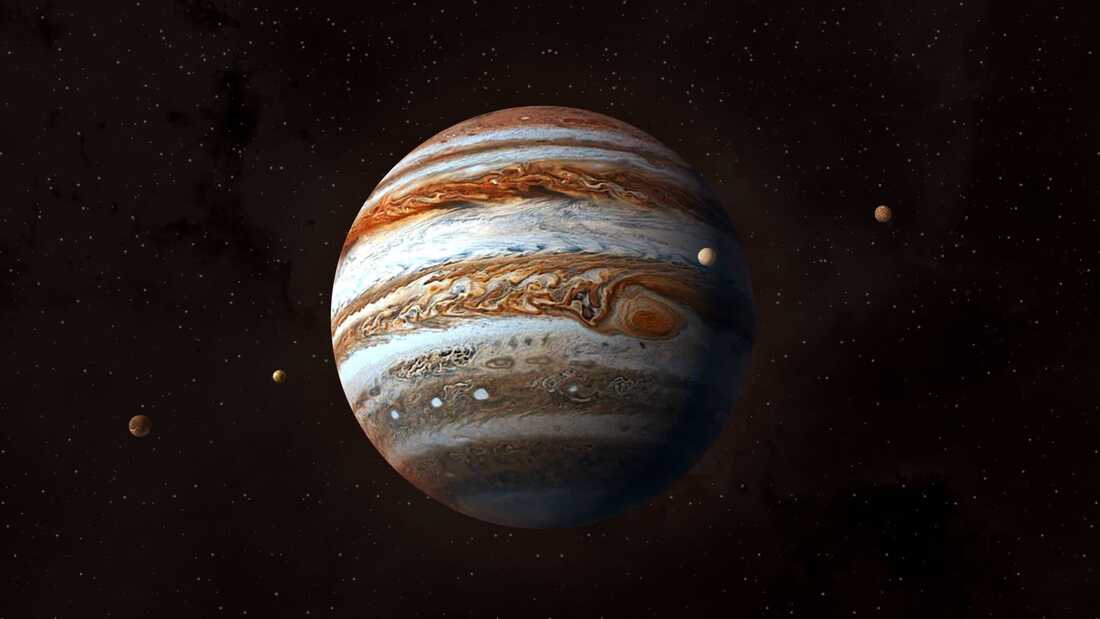
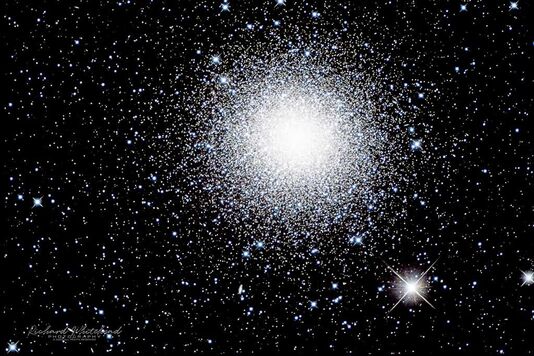
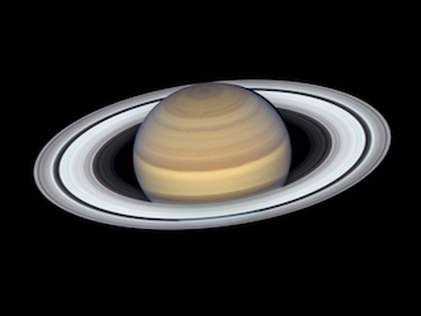
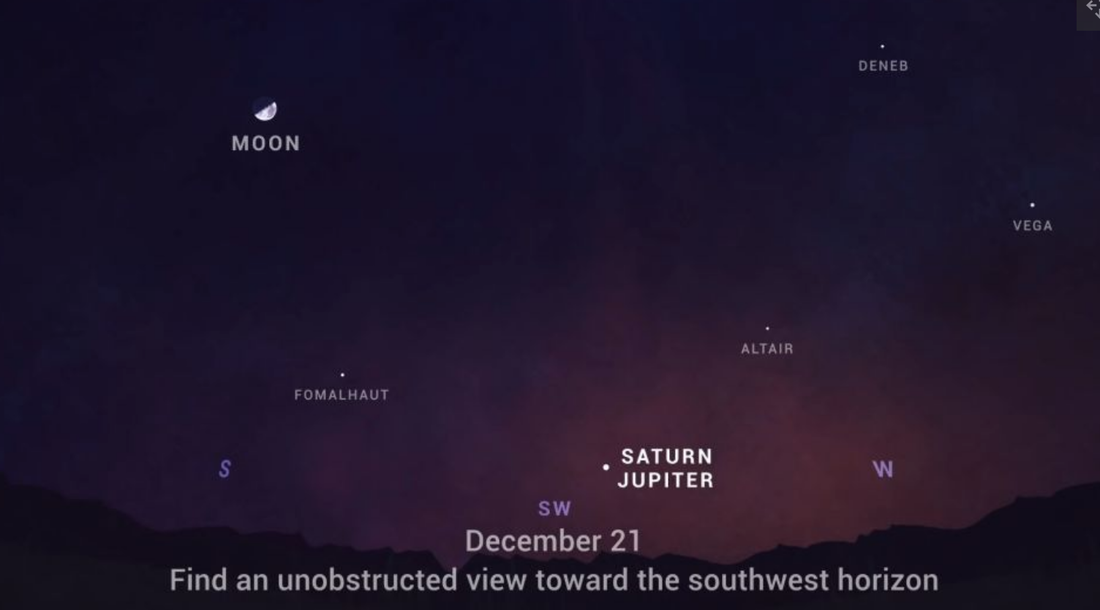
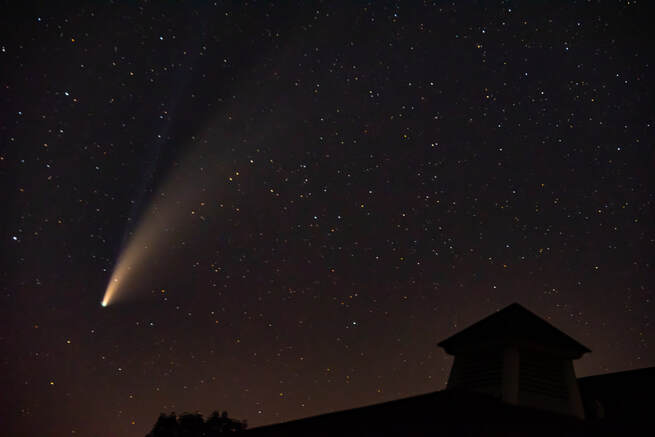
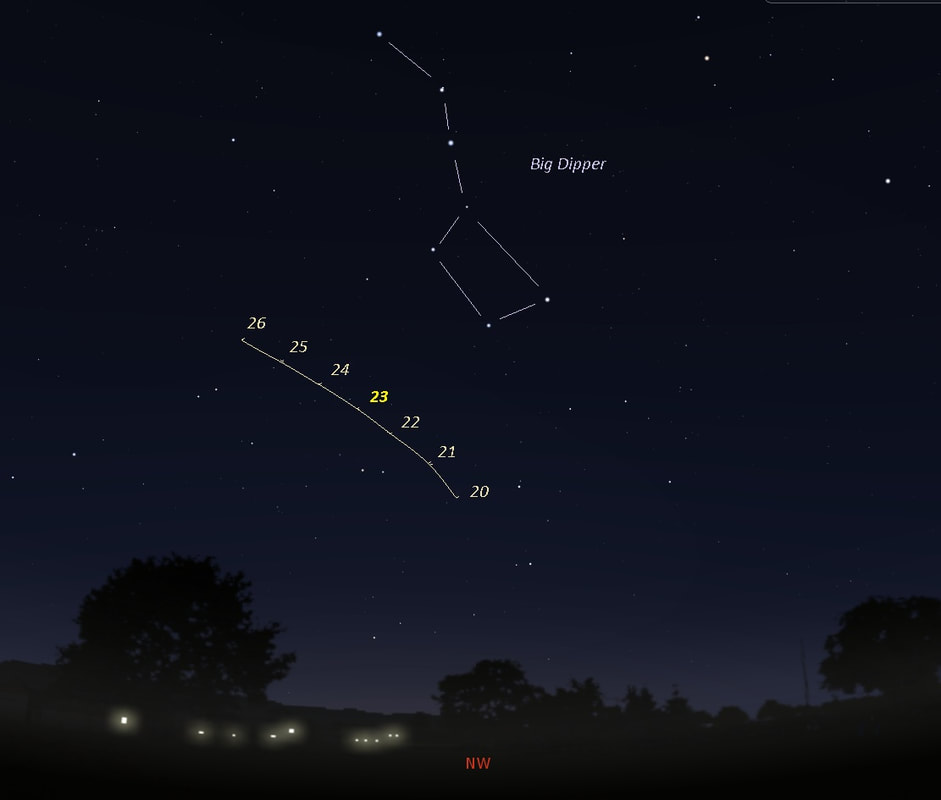
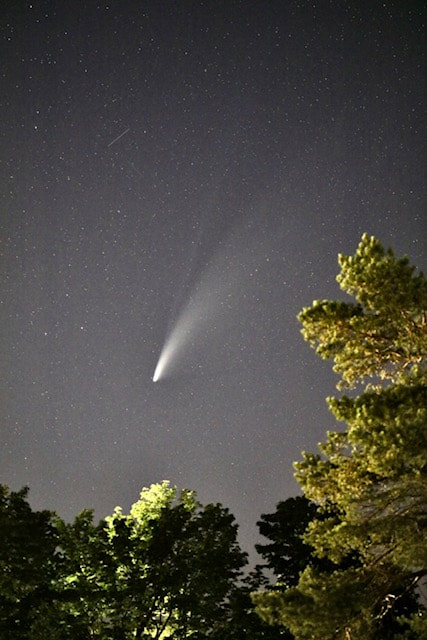
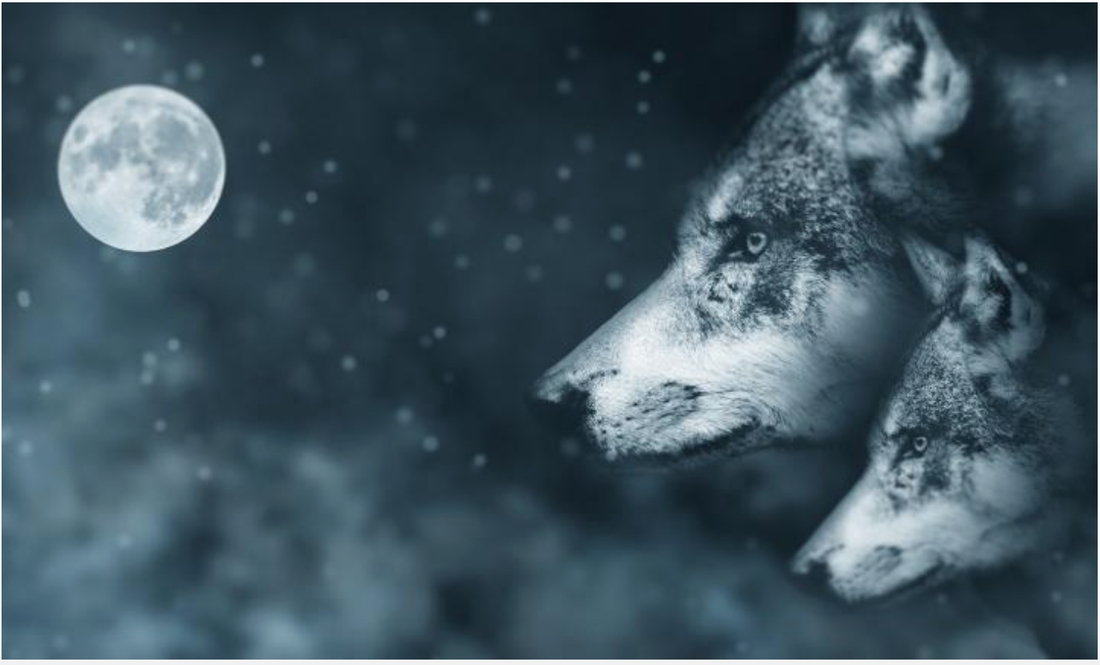
 RSS Feed
RSS Feed